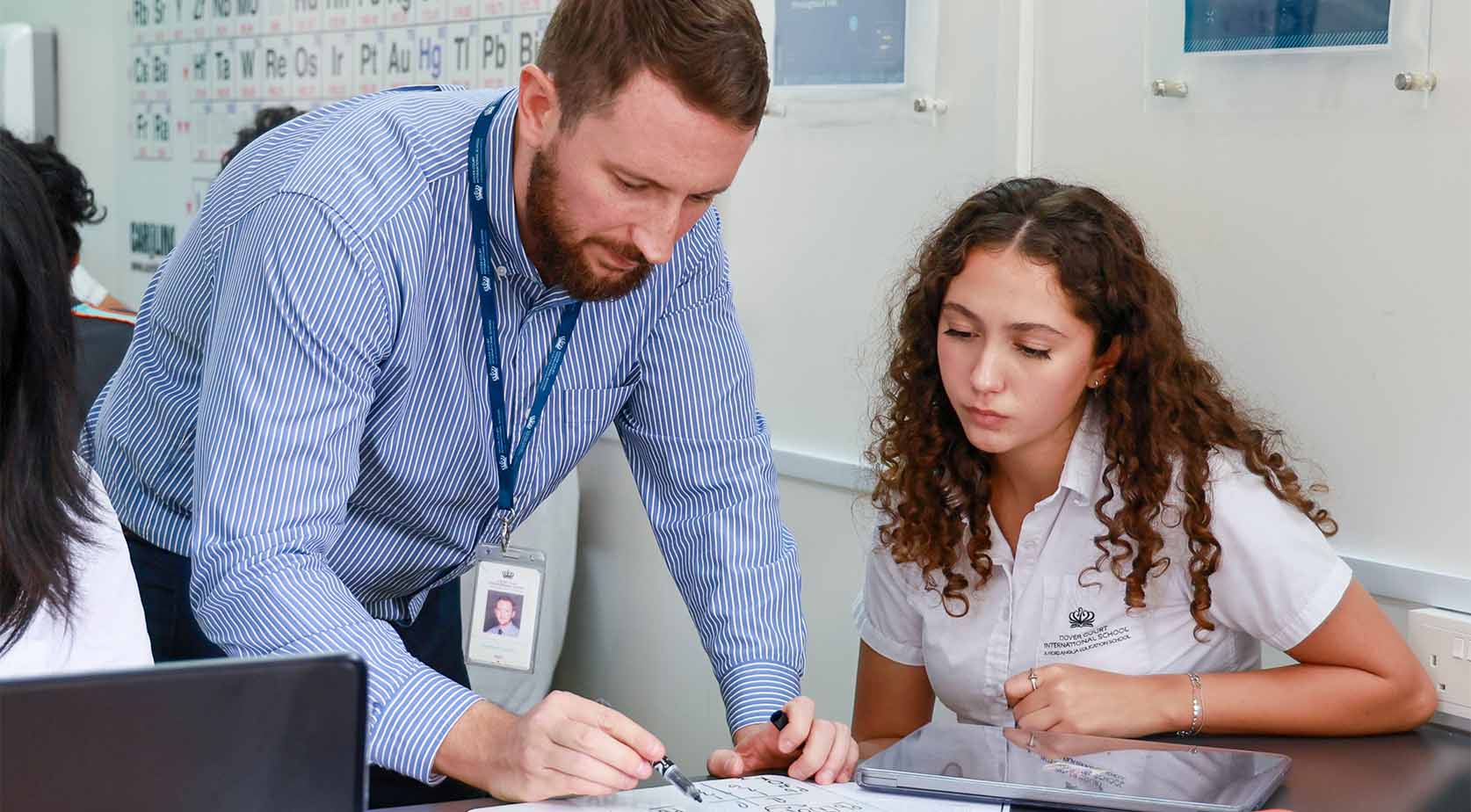Screenagers
On the 14th and 15th January we will be screening the film Screenagers - Growing up in the Digital Age.
On the 14th and 15th January we will be screening the film Screenagers - Growing up in the Digital Age in Cooper Hall at 7.30pm. The screening is open to all parents and our Secondary students will be watching the film in school, to open up for discussions.
About the film
Runtime: 68 minutes.
Directed by: Delaney Ruston, M.D.
Watch the trailer
Are you watching children scroll through life, with their rapid-fire thumbs and a six-second attention span? Physician and filmmaker Delaney Ruston saw that with her own children and learned that the average child spends 6.5 hours a day looking at screens. She wondered about the impact of all this time and about the friction occurring in homes and schools around negotiating screen time—friction she knew all too well.
In SCREENAGERS, as with her award-winning documentaries on mental health, Delaney takes a deeply personal approach as she probes into the vulnerable corners of family life, including her own, to explore struggles over social media, video games, academics and internet addiction. Through poignant, and unexpectedly funny stories, along with surprising insights from authors, psychologists, and brain scientists, SCREENAGERS reveals how tech time impacts children’s development and offers solutions on how adults can
empower children to best navigate the digital world and find balance.
4 Basic screen rules to consider
1. No screens in bedrooms when children and teens go to sleep. For younger children, keep
screens out completely. Fact: 75% teens get inadequate sleep. The presence of
devices disrupts sleep cycles.
2. Set time goals for studying without multitasking and then, also, take tech breaks. Fact:
Multitasking is linked to less retention and poorer academic outcomes.
3. Eat family meals without devices. Fact: Face-to-face conversations improve mood and
empathy.
4. Put phones and devices away in the car. Fact: More than half of kids report seeing their
parents text while driving.
3 Tips to help your child build self-control
1. Science shows that positive rewards work better than punishment. For example, if you
observe your child focused while doing their homework without their device, praise them.
2. Build times when tech is out of sight. Self-control is hard, so decrease temptations.
3. Use TTT to let your kids share with you about the reasons they like tech in their lives—
the more they feel understood, the more they’ll work with you on tech limits.
To learn more: www.screenagersmovie.com







